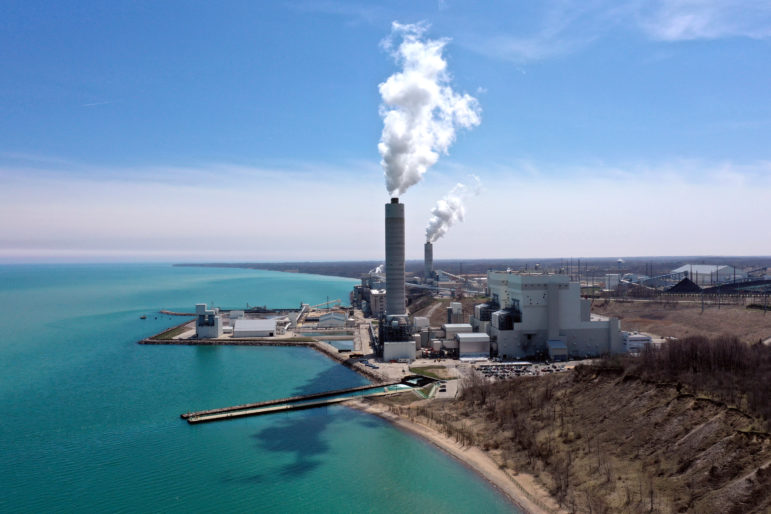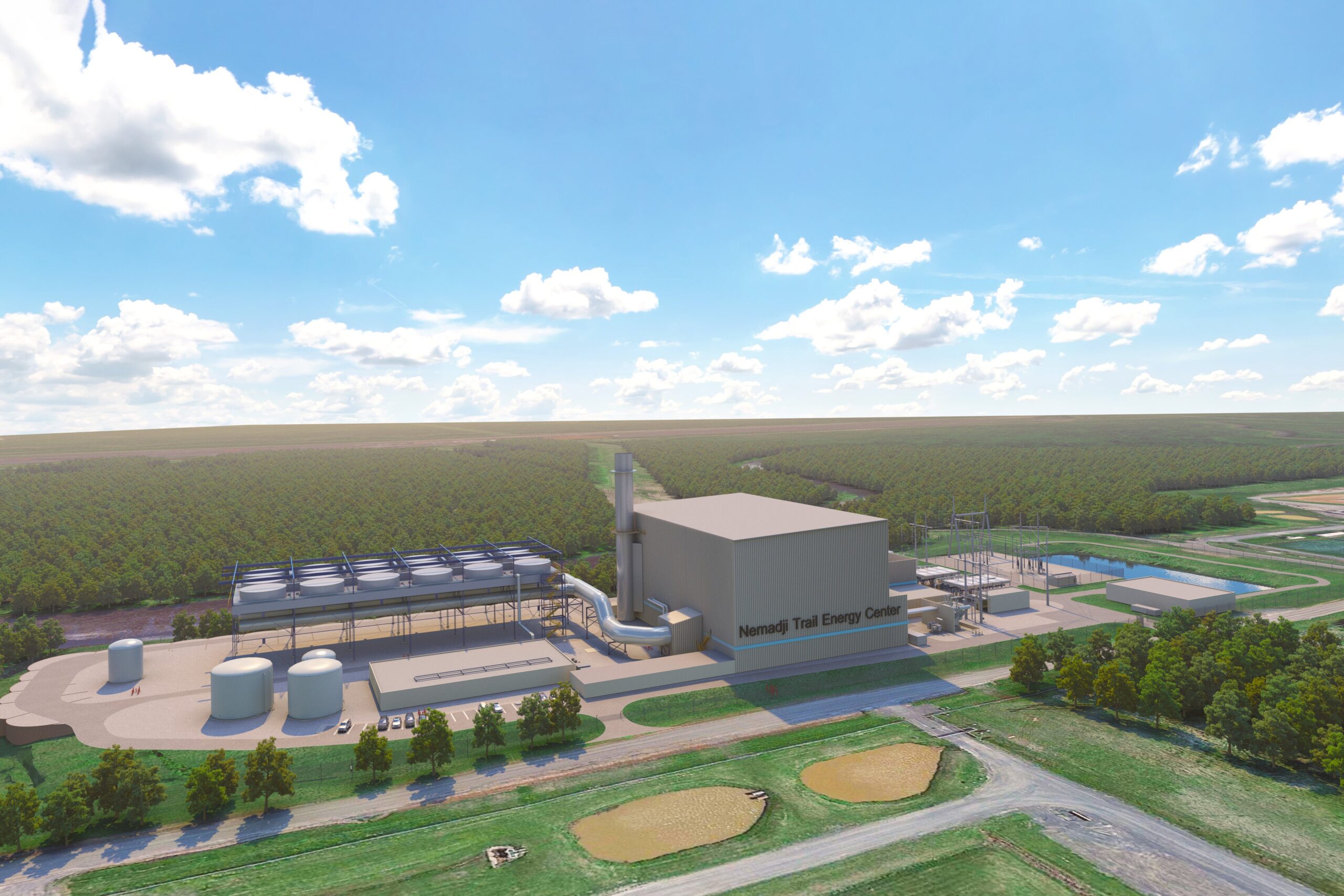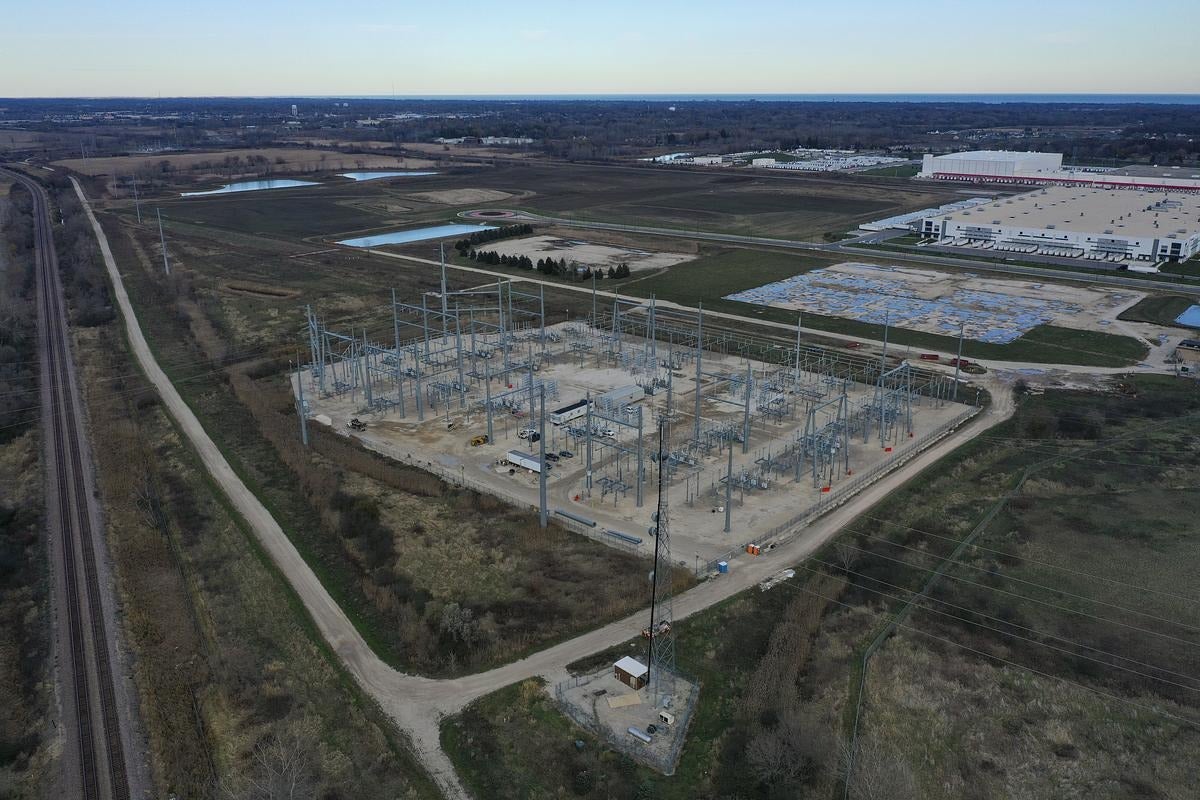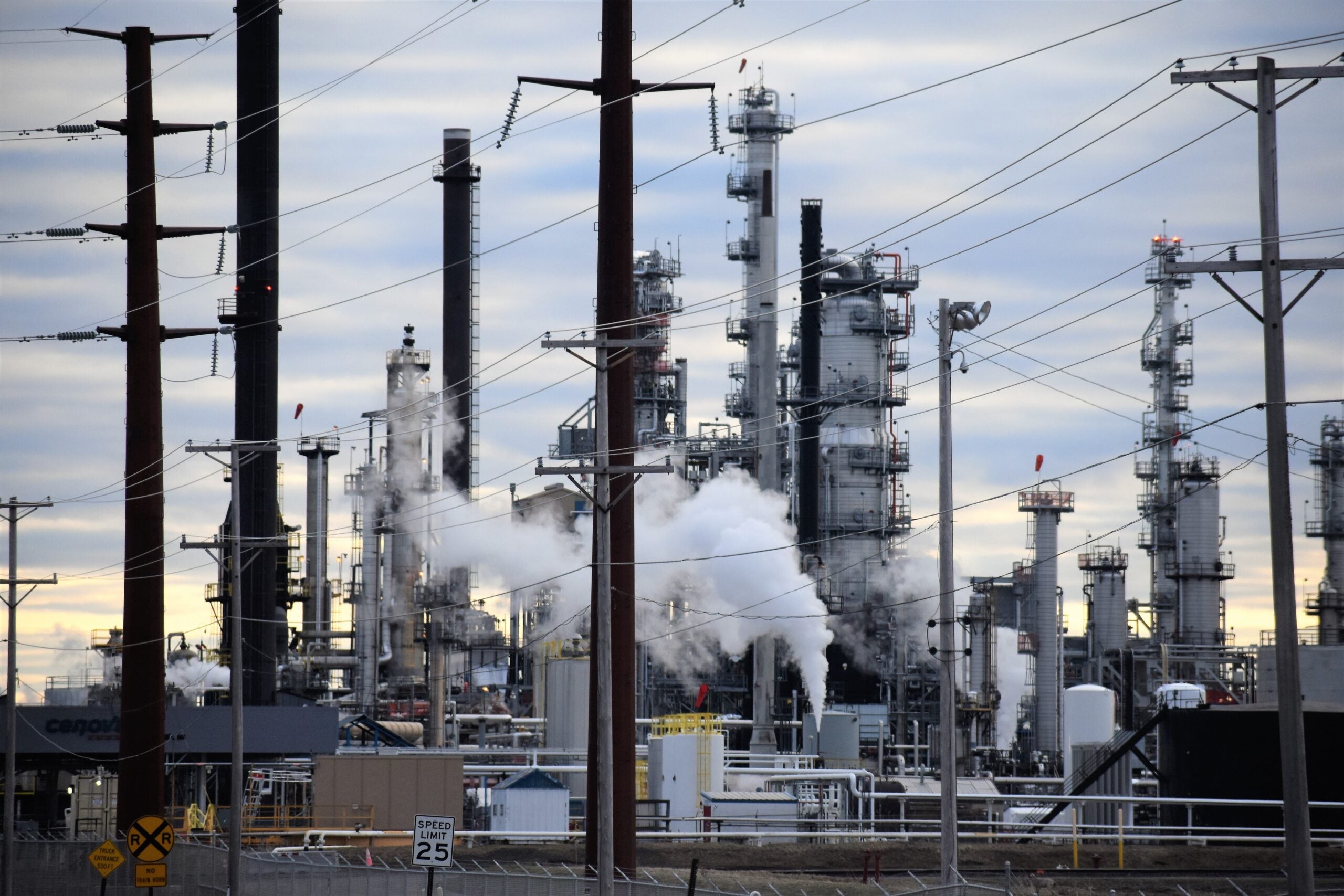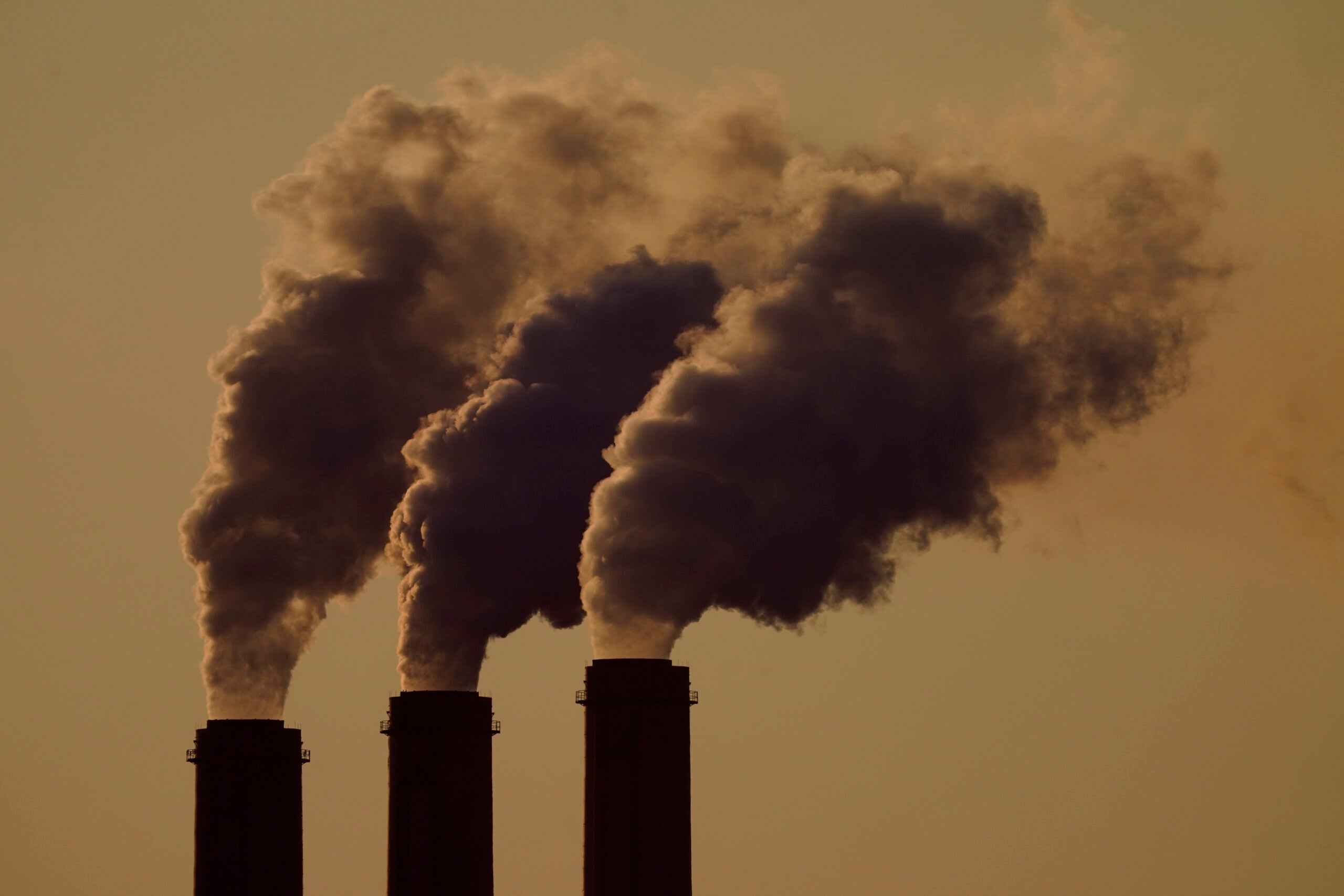Elected officials in Milwaukee and Wisconsin health groups are pushing the Biden administration to strengthen federal air quality standards to reduce pollution from power plants, including two in southeastern Wisconsin.
The request comes as the Environmental Protection Agency is seeking to revoke a 2020 finding by the Trump administration that affects regulation of mercury and hazardous air toxics from power plants, which are a major source of that pollution. Under former President Donald Trump, the EPA weakened the rule that required significant reductions of mercury and other harmful emissions.
The agency is also proposing to further limit nitrogen oxide emissions that often stem from coal-fired power plants, which contribute to ozone and fine particle pollution. The EPA wants to impose federal implementation plans for 26 states, including Wisconsin, that would require them to prevent emissions from contributing to poor air quality in states downwind of pollution. The move aims to ensure states are meeting the agency’s 2015 ozone standard of 70 parts per billion.
News with a little more humanity
WPR’s “Wisconsin Today” newsletter keeps you connected to the state you love without feeling overwhelmed. No paywall. No agenda. No corporate filter.
Milwaukee County Board Chair Marcelia Nicholson said air pollution from power plants must be addressed to achieve racial equity, including the Oak Creek and Elm Road plants in southeastern Wisconsin. Nicholson said communities of color more often suffer severe health setbacks from pollution, noting the county declared racism a public health crisis in 2019.
“These communities are disproportionately impacted by these health conditions, such as asthma, because they often live in regions with the most polluted air and near dirty power plants,” Nicholson said.
Around 68 percent of Black people live within 30 miles of a power plant, according to a 2011 report from the national Natural Resources Defense Council.
Dr. Claire Gervais, with the Wisconsin Environmental Health Network, said the byproducts of burning coal and other fossil fuels create increased risk of serious health issues, including lung cancer, heart disease, asthma and infant death. The American Lung Association gave Milwaukee County a failing grade for air quality last year.
“Burning fossil fuels has created a global public health crisis,” Gervais said. “It’s critical that the EPA implement the strongest possible standards on polluters and replace these coal-fired power plants with renewable energy.”
She added coal plants account for 30 percent of carbon emissions in the energy sector.
Milwaukee-based WEC Energy Group, parent company of We Energies, plans to shut down it Oak Creek power plant by 2024 as it aims to drop coal from its power mix by 2035. The company also plans to transition its two coal-fired units at the Elm Road Generating Station to natural gas.
“The Oak Creek Power Plant and Elm Road Generating Station meet all strict environmental requirements,” Brendan Conway, We Energies spokesperson, said in a statement. “Our permits are designed to ensure the health and safety of the public, and the limits under which we operate are well below any standards for health concerns.”
The company has set a goal to go carbon-neutral by 2050 in line with Gov. Tony Evers’ goal, and it’s investing $5.4 billion in wind, solar and battery storage by 2026.
We Energies spent roughly $875 million to install pollution controls to reduce emissions of nitrogen oxide and sulfur dioxide to meet requirements under the Clean Air Act. The utility said the air quality control project completed in 2012 cut emissions of sulfur dioxide by more than 90 percent and nitrogen oxide emissions by more than 70 percent.
State Sen. Chris Larson, D-Milwaukee, said he celebrated We Energies’ plans to shut down its Oak Creek coal plant, but he remains skeptical the utility will follow through on its announcement until the plant is retired.
“We need the EPA to implement the strictest possible standards for clean air and to put into place accountability measures to ensure the public utilities honor their commitments and are accountable when they fall short,” Larson said.
In 2012, the EPA found under the Obama administration that it was “necessary and appropriate” to regulate hazardous air pollutants like mercury from power plants. The proposed rule, if finalized, would revoke the Trump administration’s 2020 finding that undermined the agency’s ability to control emissions from coal-fired power plants.
The agency is holding a virtual public hearing at 9 a.m. Central Time on Thursday to accept comments on its proposed rule to build on its existing Cross-State Air Pollution Rule. If approved, the agency would impose a pollution limit or emissions budget during the ozone season for each of the states covered by the rule as early as next year.
Wisconsin Public Radio, © Copyright 2025, Board of Regents of the University of Wisconsin System and Wisconsin Educational Communications Board.

